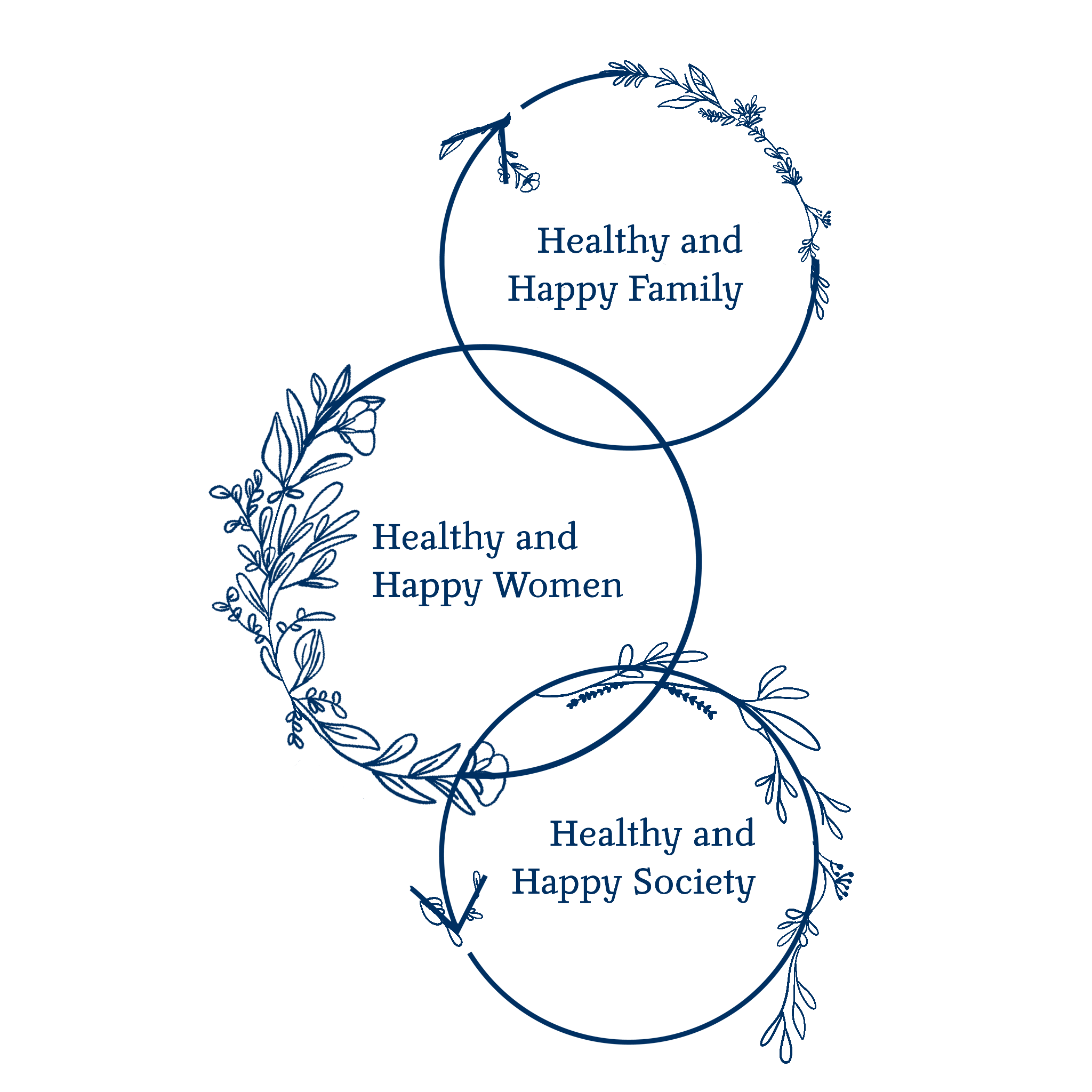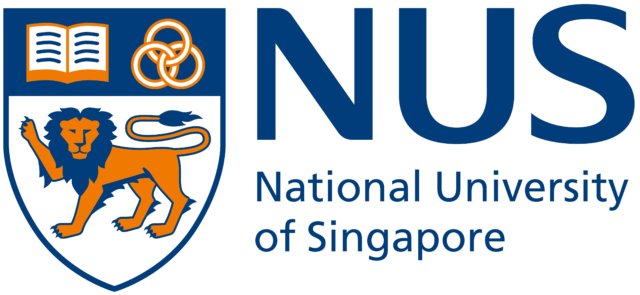About Us
Vision


Missions
Missions
a new generation of medical and public health professionals
Missions
critical clinical and public health problems
modifiable risk factors
scientific knowledge into clinical and public health practices
a new generation of medical and public health professionals
Research Partners
National Partners
NUS Centre for Holistic Initiatives for Learning & Development (CHILD)
NUHS Centre for Healthy Longevity
NUHS Department of Paediatrics
NUHS Department of Endocrinology
MOU Partners

A Partnership for Women’s Health Research
Through the Institute for Women and Interdisciplinary Research in Science and Health (IWiSH) and the Global Centre for Asian Women’s Health (GloW) at NUS, this partnership strengthens collaboration in women’s health between Université Paris Cité and NUS.
Key areas of collaboration include:
- Organizing joint seminars and conferences
- Exchanging academic and research materials
- Supporting fundraising and outreach efforts
- Facilitating faculty and researcher exchange
- Exploring commercialization of jointly developed technologies
The agreement addresses critical gaps such as underdiagnosed heart disease, female cancers, and the under-representation of Asian women in research. A major focus is pregnancy complications.

NUS-Harvard Chan Women’s Health Initiative
On 13 March 2025, NUS Medicine and Harvard Chan School of Public Health launched a strategic initiative to advance women’s health in Asia and around the world.
Led by Prof. Cuilin Zhang and Prof. Frank Hu, this partnership leverages large cohort data from the U.S. and Singapore to:
- Build one of the largest Asian American women cohorts
- Advance maternal, child, and intergenerational health
- Investigate the impact of diet, lifestyle, and aging
- Explore biomarkers using multi-omics approaches
- Support emerging leaders through a dedicated scholarship
This initiative positions NUS and Harvard as global leaders in women’s health research, training, and advocacy.
Global Partners
Harvard T.H. Chan School of Public Health, Boston, MA, US
Center for Global Oncology, Northwestern Feinberg School of Medicine, Chicago, IL, US
UCLA Fielding School of Public Health, Los Angeles, CA, US
Funders





